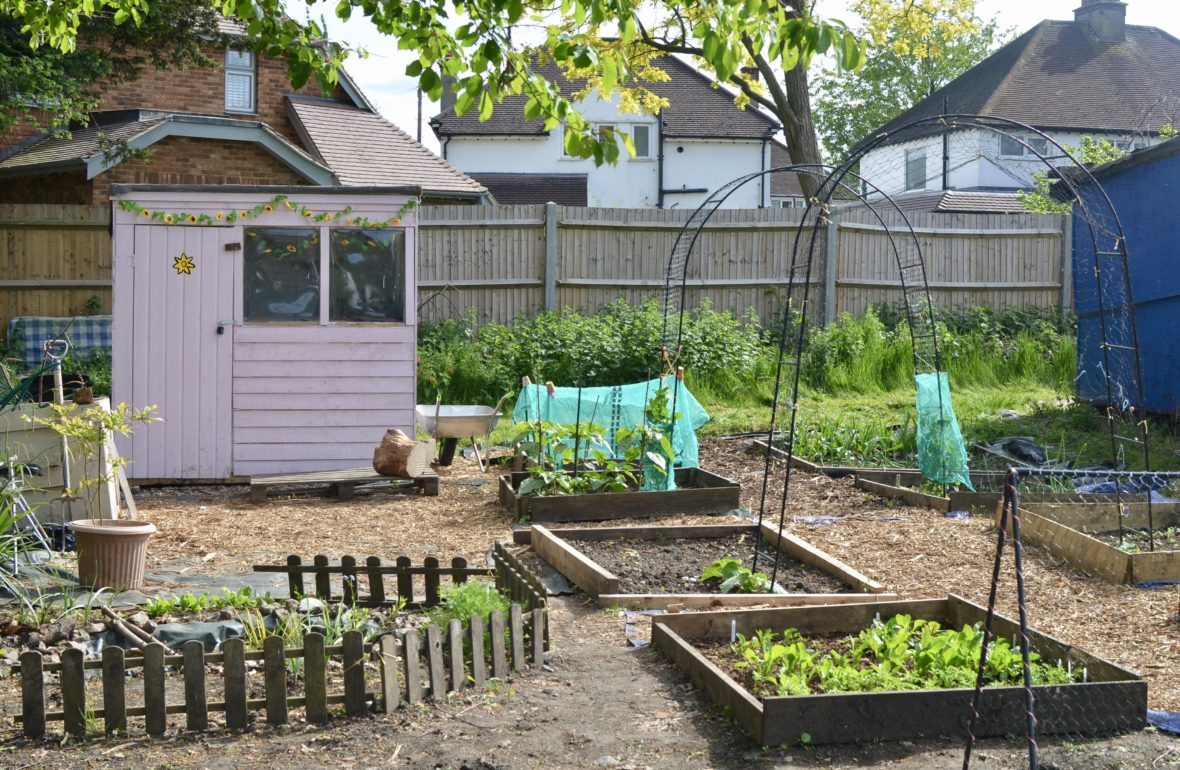
My love of gardening was a slow burner and came about after a personal tragedy. I lost my nan to cancer.
Grief was not something I’d ever had to deal with before. I’m aware how privileged that makes me. Unfortunately, it didn’t make it an easier pill to swallow. Losing someone so close to you forces you to revaluate your life in ways you hadn’t even considered before. In that moment, my grounding was torn from beneath my feet and suddenly nothing felt solid anymore. I felt so incredibly human in that moment. So vulnerable, as if I could just shatter into a million pieces at any time.
It was the following spring when I began my journey with gardening. I remember going to our local B&Q and buying packets and packets of seeds. Vegetables, flowers, herbs. Anything I liked the look of.
At the time, my husband and I were renting a small 3 bedroom house with our two children, and so most of what I sowed would have to grow out in pots on our small patio. There was something very healing about putting my hands into the soil, nurturing seeds to life, harvesting home-grown courgettes. The garden slowly came to life, awash with new colour and brimming with life again. The lawn started to look out of place against the vigorous and splendid growth that now surrounded it’s border in pots. It glared back at the runner beans enviously, wondering why it was subjected to a weekly haircut whilst they were free to reach up for the clouds?
I grew, because it was all I could do to keep the grief at bay. It pulled me out of bed in the mornings, gave me a purpose, made me feel something other than just dull, relentless sadness. Every day I would pick beans, water plants and just watch in wonder as they silently grew bigger. Had done almost nothing to help them, and yet here they were. Existing.
Pretty soon I had outgrown my small rental house garden and started looking for more space. I had been bitten by the gardening bug. Audrey Hepburn once said, “To plant a garden is to believe in tomorrow”. And that’s exactly how it felt. From the moment I put those seeds in the soil, I was dreaming of the plant it would become. It gave me hope.
My local allotment was a short walk away and there were unruly plots readily available for me to take on if I was willing to put the work in. These were plots that had been abandoned long ago with towering blackberry bushes, grass as high as your knees and bindweed wrapping it’s way around weathered sheds. Plots that not even the most enthusiastic of gardeners had dared tackle for many years. I said yes to one of the 135sq metre blackberry jungles without a seconds thought.
There was such a strange and uncharacteristic determination within me to get my plot into a workable state. To create a haven for myself that I could go to whenever I needed to feel peace. I can only assume it was my minds way of coping with the grief that still threatened to bubble over again and crash over me like a wave engulfing a small boat. It kept me completely focused on my goal.
I turned up that October, armed with little more than a thin pair of gardening gloves and a pair of rusty shears I’d found hidden at the back of our rental shed. I remember standing before the towering jungle of bushes and feeling totally undaunted by its vastness. I looked at it with all the naivety of someone who had never so much as trimmed a shrub before, my eyes wide and eager with the anticipation of what awaited me beneath it.
I was like the prince in sleeping beauty. Hacking away at this prickly beast, slashing thorns aside and reclaiming the land hidden beneath. Of course the reality wasn’t quite as Disney perfect as that. Have you ever pulled thorns from your fingers before? It’s not a hobby I’d recommend. My nights were often spent bent over the bathroom sink with a pair of tweezers, teasing tiny fragments of thorns from my hands. The road to victory never comes easy though, and it didn’t faze me. These were just battle scars, small trophies of my successful war against nature.
Day after day I returned to my plot with only one focus. To destroy the raging blackberry bushes and reclaim my rightfully purchased land. The bushes had been left to grow for some time and were 7 or 8 foot high, looming over me like dangerous thorny dragons. The bottom layers were brown and thick with slightly dulled thorns, age weakening their tips. On top the growth was newer and green, their spikes excruciatingly painful. They weaved in and out of each other, revealing a silent but vicious on going civil war as each branch fought the other for space and light.
Have you ever smelt a blackberry bush as its fruit begins to die and ferment in the lingering autumn sun? It’s sickly sweet yet slightly acidic at the same time and quite often outstays it’s welcome in your nostrils. What kind of creatures would enjoy this torrent of nostril abuse? Wasps. That’s who.
Wasps often have a bad reputation, seen as the terrorists of the natural world. Not surprising really when they always seem to turn up unannounced at picnics. I got stung once whist eating an ice cream at the beach. The little bugger landed on my cone and then stung my hand when he got his foot stuck in some of the ice cream that had dripped down onto my hand. Like it was my fault?!
People sometimes defend them. There’s no arguing with the fact that they play an important ecological role, keeping the greenfly and caterpillar population down for example. Though from what I can see, they seem to spend most of their time hovering around bins, licking at the remains of discarded hotdogs and fish and chips.
Most of the time, they are merely an annoyance and as a Londoner who was bought up with the misguided belief that us humans are the controllers of nature, an annoyance I am used to. Flap them away. Ignore them. Run a few metres and it’ll get bored. This is all well and good advice for a picnic, but not so helpful when you are literally chopping down their food source. They don’t like that. I had inadvertently declared war with the wasps.
The wasps were angry, and I could sense it from them. They stung my hand and then more would appear. I found myself running back down the allotment pathway being physically chased by several of the flying hooligans. I could practically see the tiny pitchforks in their hands as they raised them high and warned me to stay away from their land. They were there first.
The 3rd time I was stung by one, my greatest fear was realised. There was a nest, deep within the blackberry bushes that was to one day become my allotment plot. I was outnumbered. For a few days, I’ll admit, I sulked about it. I felt annoyed that these creatures had literally chased me away from my new acquired space and forced me into a reluctant retreat. I began researching horrible inhumane ways of casting them out of their home. Pesticides, traps, even smoking them out with fire, each method even more violent than the last.
It actually feels strange to admit just how ashamed of my former self I now feel. Such a huge turn around is my attitude towards nature, I could never contemplate carrying out such a massive assault on innocent creatures now. Dropping a nuclear bomb was never going to be the right decision. But I’m afraid to say, it wasn’t a change of my conscience that tipped the scales on this occasion.
In the end, the thing that really saved the wasps from nuclear attack was the inevitable change of season. I’d carried on hacking away at the unforgiving blackberry bushes, carefully avoiding the corner where the wasp nest had sat for the past year, happily and undisturbed. And as winter really took hold, the wasps quietened enough for me to finally cut away their nest, finding it empty and abandoned.
I think the lesson I was supposed to take away from this incident was patience. Nature is never in a hurry. It paces steadily along, pulling the world calmly through season after season, awakening the flowers and the insects and then discarding them into hibernation or even death as time passes. It’s an unstoppable force. Those wasps were always going to die as the colder weather arrived. It was my own human impatience that had driven me to look for earlier, less natural solutions to eradicating them sooner.
I wish I could say it was a lesson learned, but so instilled were the messages on my superior place in the world from childhood, it was something my plot would inevitably have to teach me time and time again. A lesson I still grapple with today.


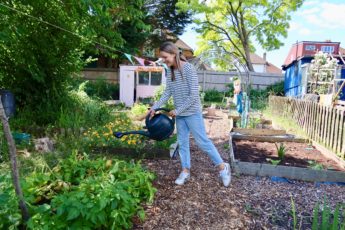
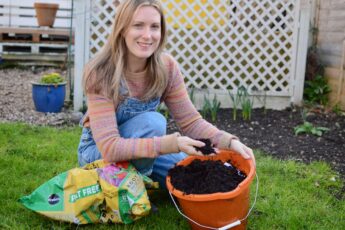
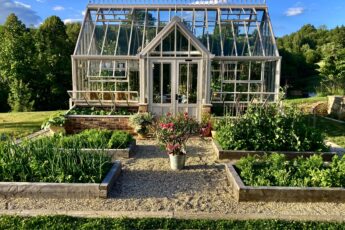
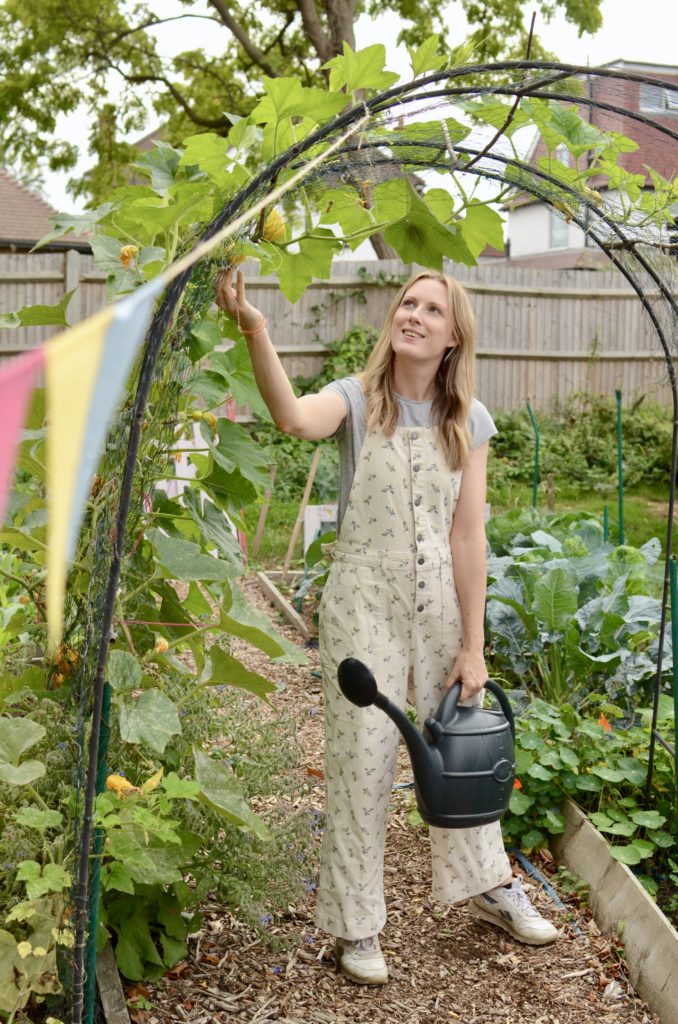
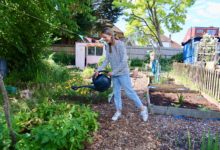
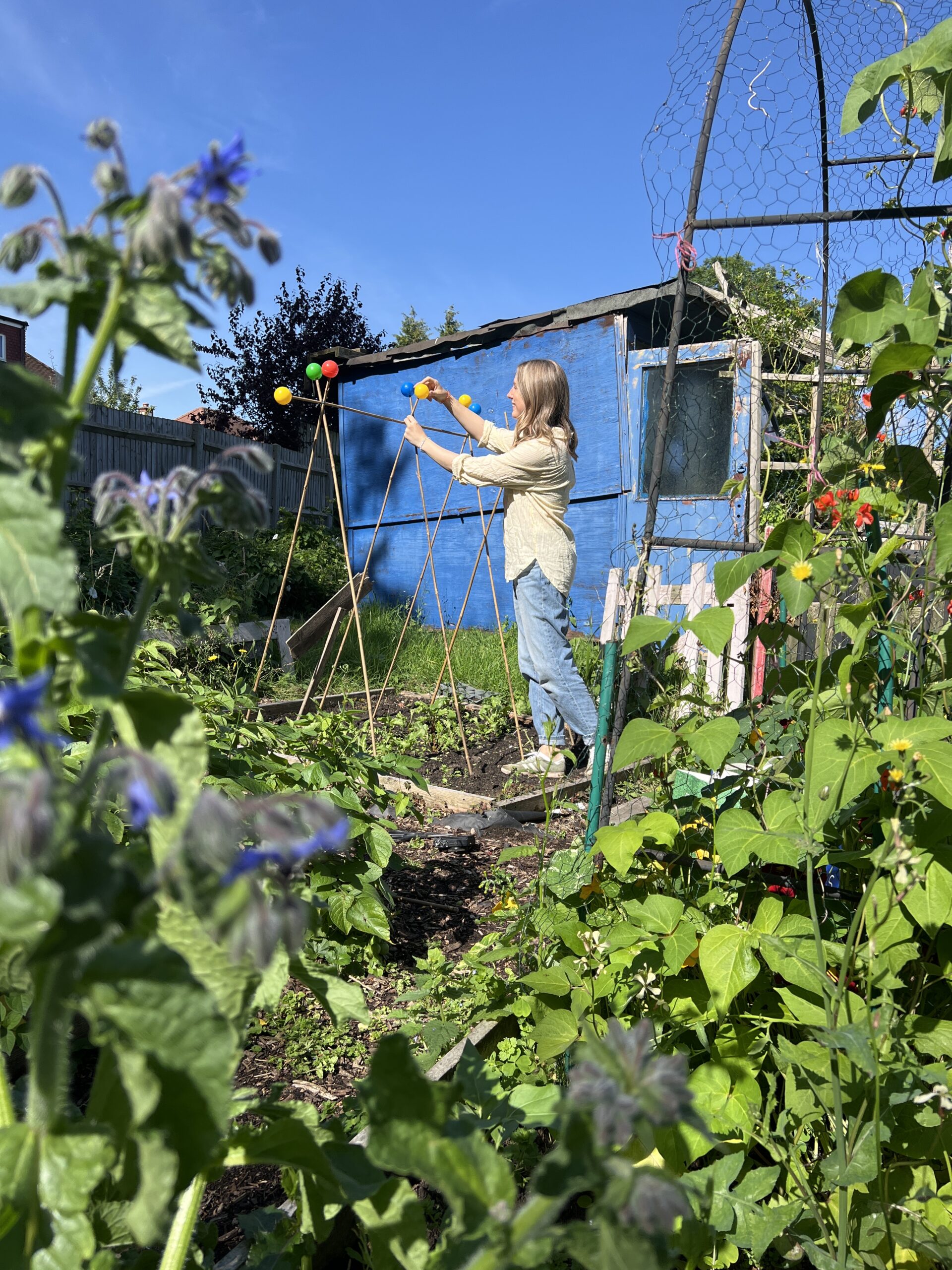
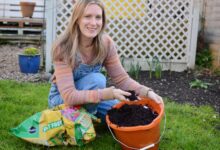


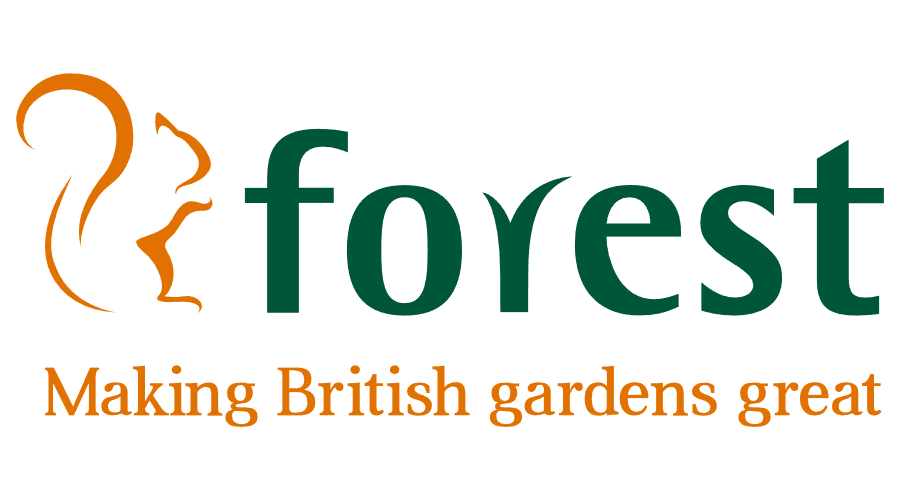



Hey I follow you on YT just had a look at the site very well done good for you girl keep at it x
Thanks so much!
I lost my dad 10 months ago and my re-evaluation and grief journey led me to quit my job, start my dream landscape design and consulting business, start my blog and chase my garden passion. Crazy how that works isn’t it? I loved every bit of your story and felt every word. Well done and I’m sorry for you losing someone so special. It changes you but for me it taught me so much more about life and how precious it really is. Thank you for sharing your story.
Thank you so much for your comment. So sorry for you loss. It’s definitely showed me what’s really important in life, and gardening has been a massive help for me. Thanks for reading and I’m so glad you enjoy my writing! x